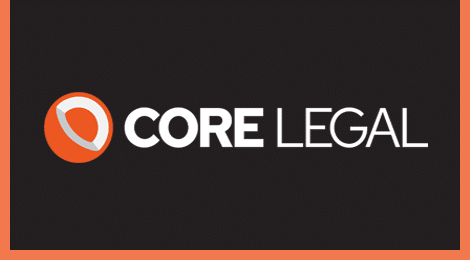Here’s a timely reminder to not only dust off and review your will but also to delve into the nuts and bolts of comprehensive estate planning. Updating your will is just one facet; leaving a clean and tidy legacy for the next generation involves a more holistic approach.
Key Considerations for Effective Estate Planning:
-
Maintain a Detailed Balance Sheet:
– Keep a meticulous list of assets and liabilities, essentially creating a balance sheet.
– Include all assets like bank accounts, shares, insurance policies, loans, properties, cars, and other valuables.
– Note customer reference or account numbers for easy organization.
– Regularly update this balance sheet to reflect changes.
-
Identify Legal Ownership of Assets:
– Specify the legal owner(s) of each asset or liability.
– Determine if assets are owned individually, jointly with a partner, or through a company or trust.
– Ownership type impacts how the asset is handled post your passing; joint ownership and trust assets have distinct implications.
-
Life Insurance Policies:
– Clearly identify the beneficiary of life insurance policies.
– If you’re the beneficiary, the funds become part of your estate; otherwise, the policy owner decides its use.
-
Probate Considerations:
– Understand which assets require probate, a court’s approval for executor actions.
– Assets valued over $15,000 or involving interests in land typically need probate.
– Probate adds some costs but offers oversight and discipline for executors.
– Transferring assets to joint ownership during your life streamlines transfer upon death.
-
Blended Families and Joint Ownership:
– Exercise caution with joint ownership, especially in blended families.
– Seek specialized advice for estate planning from a solicitor to navigate complexities.
-
Consider Custodial Services for Share Portfolios:
– If managing a share portfolio independently, explore transferring it to a custodian.
– Many financial advisers and share-broking firms in New Zealand offer custodial services.
– Discuss the suitability of custodial services for long-term family planning.
-
Adapt to Changing Circumstances:
– Stay adaptable to changes, such as the recent closure of schemes like Bonus Bonds.
– Evaluate the implications of such changes on your estate planning, especially earmarked funds for specific family members.
This overview touches on essential aspects of estate planning, but the landscape is vast. For a comprehensive discussion on updating your will, determining asset ownership, and related aspects, feel free to reach out to our trust and estate planning team. We’re here to guide you through the intricacies of effective estate planning.


